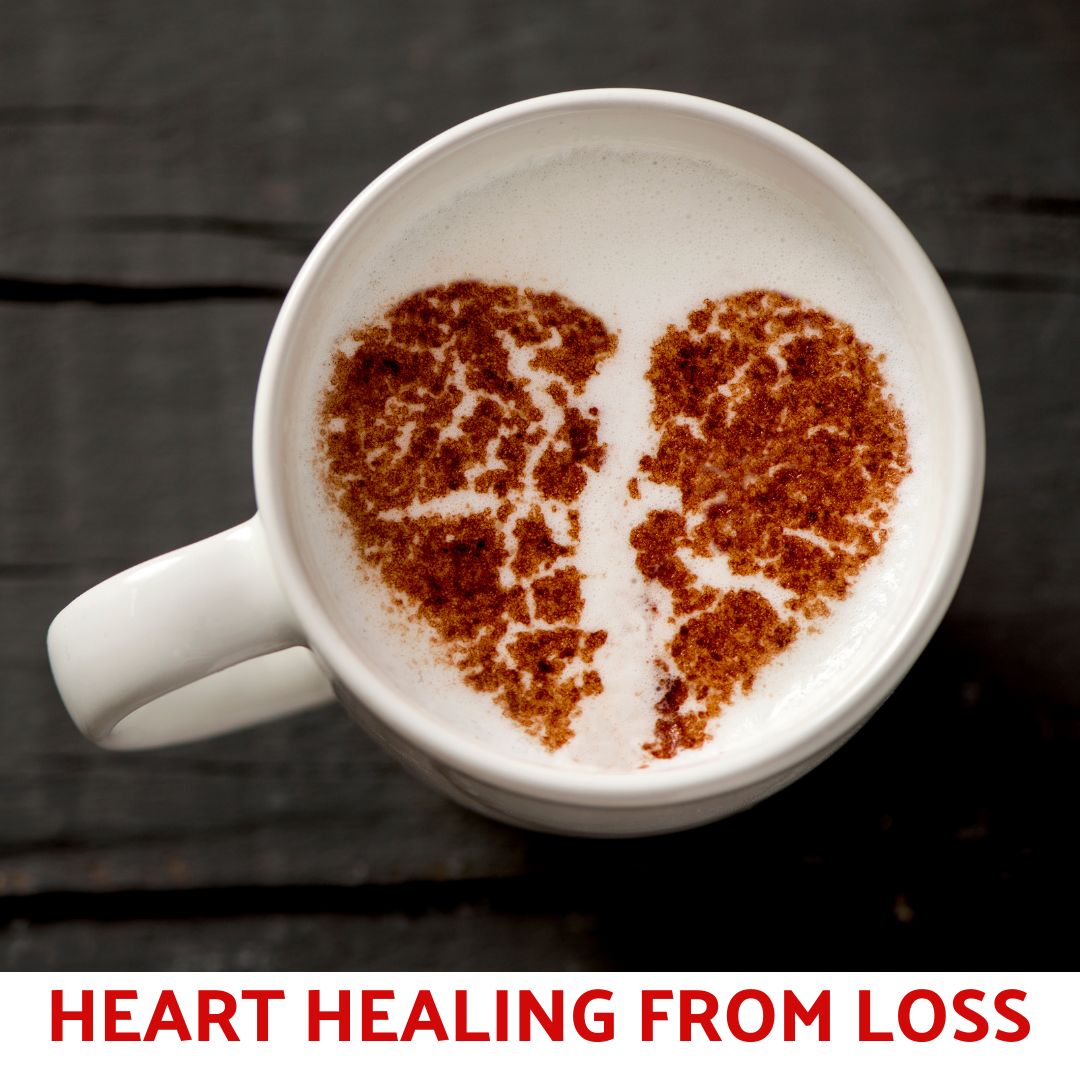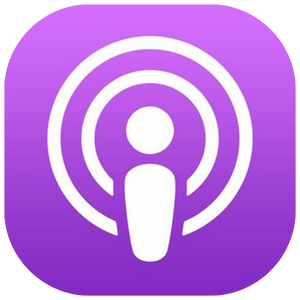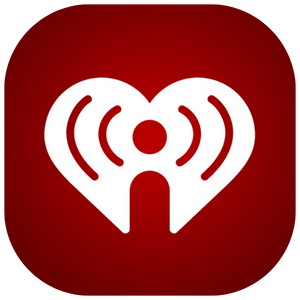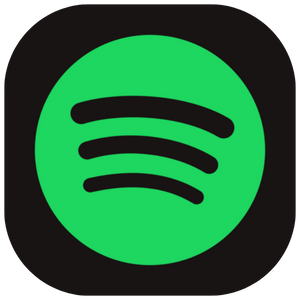Episode 0: Whyyy would we talk about death, grief, & loss?
You are Invited:
If grief has caused you to close yourself off, please reach out to Wendy. A complimentary call could help set you on the path to healing. You'll find Wendy at wendysloneker.com.
If grief has caused you to close yourself off, please reach out to Wendy. A complimentary call could help set you on the path to healing. You'll find Wendy at wendysloneker.com.
As seen on: |
|
Full Episode Transcript
Grief & Loss: Why would we talk about thaaaat?
My name is Wendy Sloneker and this is Episode 0 of the Heart Healing from Loss podcast.
Hey, welcome. I am so happy you are here and we're just going to dive right in:
Why do I sound so happy to be talking about grief and loss and heart healing from loss?
Click image for the Podcast Player
This is actually my natural state. I'm not super caffeinated right now. So, truly, when you talk to me and see me, this is what you're going to get.
Yes, Even though we're talking about what is traditionally known as a heavy topic, I am not going to come to you with this kind of podcast. It's just not who I am.
So if you are looking for a more, uh, lower-toned experience, I totally respect it, but it's just not going to be here.
What will be here in this podcast are stories about grief and loss and healing from grief and loss.
Largely, what I offer is an education about not only grief and loss, but also about methods for healing.
After you've experienced a loss event...
It's often called a loss event, what you may not know is that there are about 40 different kinds of loss events that can happen to a person over the course of life. It can be death, it can be divorce, it can be a big, bad breakup. These are the common ones that we think of when we think about grieving or heartbreak or things like that. It's breakups, it's the death of loved ones or pets who are our loved ones.
However, other big losses that make the list of 40 also include moving and graduating. There are loss anniversaries that people grieve. There are holidays that people grieve.
Lives have been impacted by myriad changes.
And so what I want to share is that even though it's not talked about very often... or very well… that's part of what this podcast is here to do is to talk about it and to offer some education, to offer some options and some stories I'm also going to be bringing in some guests.
So hooray, not just one person talking!
In Episode 0: A little bit of my story.
Why would somebody go into this kind of industry that is filled with sad things and topics? And the only thing I can share is, it's not all sad all the time. The reason that I went into this well, and it's not even a reason... like, really here's what happened.
I started studying about end-of-life types of work in terms of doula work. So I don't know if you knew this or not, but there is such a thing as an end-of-life doula, which is a companion for the last days.
And they work in tandem with hospice and things like that. So I got a certificate to do this kind of work, to just show up. I really feel like people are really scared of dying. And there are a lot of people who are dying really scared and many times alone. And then I just think that's unnecessary. So that's what I went in with.
And then 2020 happened... To everyone. And all of a sudden it was this, like, there was a lot of loss and change going on... And change can instigate feelings of loss.
And... This is normal. We don't know this is normal though... Because nobody talks about it. But it's normal and it's happening... Globally.
Right? So here we all are.
And I remember running into this awesome person named Rebecca Mullins, who is a Grief Recovery practitioner here in the same city where I live (Seattle). And so she told me about what she was doing around something called the Grief Recovery Method, which is an evidence-based method, a repeatable method to help you get complete with the pain that comes from loss.
And I thought, “Shoot, if that could really work, maybe that's something that would help me.”
And so I tried it, I learned it online. And then, uh, and then it, it kinda, I started feeling a little bit better. It was making room by just getting complete with relationships and it's different from, “getting closure”.
This is an emotional thing. What's going on when it comes to grief and loss is about heartbreak.
My brain has not been broken: it is not an intellectual thing.
This is a hard thing.
Making the trek from head to heart
So like making the, the path or the little journey that feels like about 25 miles in very hot weather or very chilly weather, like from my brain to my heart, which is pretty much like maybe 14 inches... but it feels like... 25 miles.
That's, that's what I work with. That's what I go through.
And, you know, coming from a place of heaviness and coming from a place of loss.
I will tell you about how I felt when I had a loss of my soulmate, who was a dog. His name was Otto. He was a little wiener dog. And I rescued him with my partner at the time. He must have been about one and a half, three years old… hard to tell cause he was a little rescue and this little boy had some baggage... cute as a button, red as a penny, and just a honey.
And we connected and bonded. He was with me. I was with him, I think it was 15 years. And the sweet little boy…. he does, what one animals do. He does what we do... He got to be an old man and he was grumpy a lot, but I just loved him even more.
And so he had developed a Cushing's disease, which happens a lot in dachshunds, and he needed some medication. So we went there and got medication and he developed diabetes. And he was just not the same dog. His quality of life changed... he was not a happy dog. He was maybe interested in eating, but it really started falling off. Once we started giving him insulin shots to maintain his diabetes, which came from the medication from Cushing's disease. So, so what happened was, I had an insight and intuition around, “Hey, he's not happy being here anymore in this body.
And I took him to the vet. He had been to this vet for a long, long time. And the vet knew him. He knew Otto. And, probably one of the biggest, pieces that I've found in terms of “I did really right for myself and for him by being there” when Otto died really, truly like that was, I had never shown up for a death like that where, you know, I was there, he was in my arms and I was talking to him. I did not want him to be alone.
Even though the vet knew him, I really needed to be there to let him know that it was okay. And so he died. And this was probably 7 years ago, 8 years ago. And you can tell by my voice that, wow, that loss is still totally there.
And, and I just loved this dog. Right? So loss is loss a hundred percent and we don't know how to deal with it when he died.
And I came home, things just really didn't make sense for a long time. Like, I felt numb. I didn't know how I felt, things didn't make sense.
I had a loss of focus.
I didn't know what to do next. I had very short term thinking, and I couldn't always articulate it. Right?
Like, I didn't always know how I felt.
So it was really hard for me to answer, like, “how are you doing?”
No. Probably not very good. Right? So I really get it.
And that dog gave me so much joy. When I think about him, my heart is not broken. When I think about him, I remember just like snuggling up with him and bringing him to the beach at Ocean Shores and how he fell asleep on this pink blanket.
And he looked so stinking cute with his little back feet, tucked up against his body and his front paws just covered up. Like, he's just my heart dog. And I still have an emotional relationship with him, even though I don't have a physical relationship. He's died, but I'm alive. And I have that emotional relationship with him.
So there's value. Right?
And I can talk about him and yeah, I just love that dog. And there's so much love in, in the memories and also in the things that we lose and the people that we lose that, you know, what the Grief Recovery Method has shared with me is about, is about talking with people and things and change that's happened that have happened without coming totally apart.
Like, my capacity for happiness and joy has increased because I got to have that dog. I still have an emotional relationship with this dog. There are many things I experience in days and weeks and months that make me think of him because he's my little buddy. And... at the same time he is, he has died.
So this grief and loss is a part of life.
And I want the conversation for all of us. So I do have an invitation for you. And that is what, what have you experienced that you are confused by stuck with, I'm wondering about grief and loss.
I am not a clinical person. I am not a practitioner. I am not a therapist.
I'm an educator... and I'm interested.
So if you have questions that you would like me to answer on a future podcast, or if you want to contact me directly, you are totally invited to do exactly that. My website is WendySloneker.com and you can find all my contact information there as well as my text-friendly mobile. And if you have questions for a future podcast, please share them with me.
This is for everyone.
Thank you so much for joining me.
Reach out if you feel inspired and ready for a Discovery Call with me.
Want to? :)
My name is Wendy Sloneker and this is Episode 0 of the Heart Healing from Loss podcast.
Hey, welcome. I am so happy you are here and we're just going to dive right in:
Why do I sound so happy to be talking about grief and loss and heart healing from loss?
Click image for the Podcast Player
This is actually my natural state. I'm not super caffeinated right now. So, truly, when you talk to me and see me, this is what you're going to get.
Yes, Even though we're talking about what is traditionally known as a heavy topic, I am not going to come to you with this kind of podcast. It's just not who I am.
So if you are looking for a more, uh, lower-toned experience, I totally respect it, but it's just not going to be here.
What will be here in this podcast are stories about grief and loss and healing from grief and loss.
Largely, what I offer is an education about not only grief and loss, but also about methods for healing.
After you've experienced a loss event...
It's often called a loss event, what you may not know is that there are about 40 different kinds of loss events that can happen to a person over the course of life. It can be death, it can be divorce, it can be a big, bad breakup. These are the common ones that we think of when we think about grieving or heartbreak or things like that. It's breakups, it's the death of loved ones or pets who are our loved ones.
However, other big losses that make the list of 40 also include moving and graduating. There are loss anniversaries that people grieve. There are holidays that people grieve.
Lives have been impacted by myriad changes.
And so what I want to share is that even though it's not talked about very often... or very well… that's part of what this podcast is here to do is to talk about it and to offer some education, to offer some options and some stories I'm also going to be bringing in some guests.
So hooray, not just one person talking!
In Episode 0: A little bit of my story.
Why would somebody go into this kind of industry that is filled with sad things and topics? And the only thing I can share is, it's not all sad all the time. The reason that I went into this well, and it's not even a reason... like, really here's what happened.
I started studying about end-of-life types of work in terms of doula work. So I don't know if you knew this or not, but there is such a thing as an end-of-life doula, which is a companion for the last days.
And they work in tandem with hospice and things like that. So I got a certificate to do this kind of work, to just show up. I really feel like people are really scared of dying. And there are a lot of people who are dying really scared and many times alone. And then I just think that's unnecessary. So that's what I went in with.
And then 2020 happened... To everyone. And all of a sudden it was this, like, there was a lot of loss and change going on... And change can instigate feelings of loss.
And... This is normal. We don't know this is normal though... Because nobody talks about it. But it's normal and it's happening... Globally.
Right? So here we all are.
And I remember running into this awesome person named Rebecca Mullins, who is a Grief Recovery practitioner here in the same city where I live (Seattle). And so she told me about what she was doing around something called the Grief Recovery Method, which is an evidence-based method, a repeatable method to help you get complete with the pain that comes from loss.
And I thought, “Shoot, if that could really work, maybe that's something that would help me.”
And so I tried it, I learned it online. And then, uh, and then it, it kinda, I started feeling a little bit better. It was making room by just getting complete with relationships and it's different from, “getting closure”.
This is an emotional thing. What's going on when it comes to grief and loss is about heartbreak.
My brain has not been broken: it is not an intellectual thing.
This is a hard thing.
Making the trek from head to heart
So like making the, the path or the little journey that feels like about 25 miles in very hot weather or very chilly weather, like from my brain to my heart, which is pretty much like maybe 14 inches... but it feels like... 25 miles.
That's, that's what I work with. That's what I go through.
And, you know, coming from a place of heaviness and coming from a place of loss.
I will tell you about how I felt when I had a loss of my soulmate, who was a dog. His name was Otto. He was a little wiener dog. And I rescued him with my partner at the time. He must have been about one and a half, three years old… hard to tell cause he was a little rescue and this little boy had some baggage... cute as a button, red as a penny, and just a honey.
And we connected and bonded. He was with me. I was with him, I think it was 15 years. And the sweet little boy…. he does, what one animals do. He does what we do... He got to be an old man and he was grumpy a lot, but I just loved him even more.
And so he had developed a Cushing's disease, which happens a lot in dachshunds, and he needed some medication. So we went there and got medication and he developed diabetes. And he was just not the same dog. His quality of life changed... he was not a happy dog. He was maybe interested in eating, but it really started falling off. Once we started giving him insulin shots to maintain his diabetes, which came from the medication from Cushing's disease. So, so what happened was, I had an insight and intuition around, “Hey, he's not happy being here anymore in this body.
And I took him to the vet. He had been to this vet for a long, long time. And the vet knew him. He knew Otto. And, probably one of the biggest, pieces that I've found in terms of “I did really right for myself and for him by being there” when Otto died really, truly like that was, I had never shown up for a death like that where, you know, I was there, he was in my arms and I was talking to him. I did not want him to be alone.
Even though the vet knew him, I really needed to be there to let him know that it was okay. And so he died. And this was probably 7 years ago, 8 years ago. And you can tell by my voice that, wow, that loss is still totally there.
And, and I just loved this dog. Right? So loss is loss a hundred percent and we don't know how to deal with it when he died.
And I came home, things just really didn't make sense for a long time. Like, I felt numb. I didn't know how I felt, things didn't make sense.
I had a loss of focus.
I didn't know what to do next. I had very short term thinking, and I couldn't always articulate it. Right?
Like, I didn't always know how I felt.
So it was really hard for me to answer, like, “how are you doing?”
No. Probably not very good. Right? So I really get it.
And that dog gave me so much joy. When I think about him, my heart is not broken. When I think about him, I remember just like snuggling up with him and bringing him to the beach at Ocean Shores and how he fell asleep on this pink blanket.
And he looked so stinking cute with his little back feet, tucked up against his body and his front paws just covered up. Like, he's just my heart dog. And I still have an emotional relationship with him, even though I don't have a physical relationship. He's died, but I'm alive. And I have that emotional relationship with him.
So there's value. Right?
And I can talk about him and yeah, I just love that dog. And there's so much love in, in the memories and also in the things that we lose and the people that we lose that, you know, what the Grief Recovery Method has shared with me is about, is about talking with people and things and change that's happened that have happened without coming totally apart.
Like, my capacity for happiness and joy has increased because I got to have that dog. I still have an emotional relationship with this dog. There are many things I experience in days and weeks and months that make me think of him because he's my little buddy. And... at the same time he is, he has died.
So this grief and loss is a part of life.
And I want the conversation for all of us. So I do have an invitation for you. And that is what, what have you experienced that you are confused by stuck with, I'm wondering about grief and loss.
I am not a clinical person. I am not a practitioner. I am not a therapist.
I'm an educator... and I'm interested.
So if you have questions that you would like me to answer on a future podcast, or if you want to contact me directly, you are totally invited to do exactly that. My website is WendySloneker.com and you can find all my contact information there as well as my text-friendly mobile. And if you have questions for a future podcast, please share them with me.
This is for everyone.
Thank you so much for joining me.
Reach out if you feel inspired and ready for a Discovery Call with me.
Want to? :)






